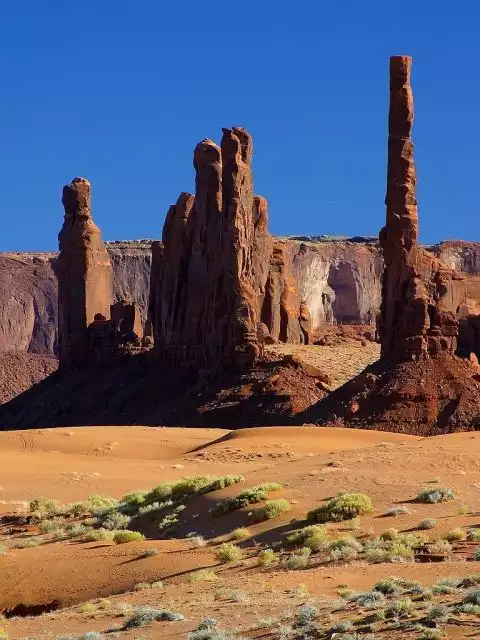Goodbye To Daylight Saving Time Change, List Of Us States That Will No
 By not moving the clocks forward or backward, the state minimizes exposure to heat during the hottest parts of the day, which results in reduced energy consumption for cooling.
By not moving the clocks forward or backward, the state minimizes exposure to heat during the hottest parts of the day, which results in reduced energy consumption for cooling.The variety in the adoption of daytime saving time across the USA reflects the different needs and geographical conditions of its territories and states. In the future, we might see even more exemptions or perhaps a nationwide shift in how time is managed throughout the nation.
Remaining on standard time assists reduce exposure to warm and the need for air conditioning, which in turn decreases energy intake.
Interestingly, while Arizona as a whole does not observe daylight conserving time, the Navajo Nation, which occupies components of Arizona, Utah, and New Mexico, does. This exemption exists due to the fact that the Navajo Nation has selected to follow daylight conserving time to preserve consistency with other locations of its territory that are outdoors Arizona and do observe the moment change.
While some states and territories have actually pulled out of daylight conserving time, the discussion about its efficiency continues to be a subject of nationwide discussion. Recently, there have actually been activities to make daytime saving time permanent in numerous states, although such modifications call for federal approval.
Arizona (other than the Navajo Country): Arizona has actually made a decision not to take part in daylight saving time due to its extremely warm environment. Especially, the Navajo Nation, which spans components of Arizona, Utah, and New Mexico, does observe daylight saving time, unlike the rest of the state.
Hawaii: This island state, understood for its exotic climate and geographical isolation, does not observe daytime saving time. As a result of its closeness to the equator, the variation in daytime hours throughout the year is marginal, making it unneeded to readjust clocks.
Puerto Rico: As a Caribbean territory, Puerto Rico is located at a latitude similar to Hawaii, where the variation in daylight duration is very little throughout the year. It does not comply with daytime conserving time.
In Arizona’s case, the primary reason is the environment. Throughout the summer season, temperatures in the state can be extremely high. Staying on standard time helps reduce exposure to heat and the requirement for air conditioning, which consequently decreases energy intake.
Arizona (except the Navajo Country): Arizona has decided not to participate in daylight saving time because of its extremely warm climate. By stagnating the clocks onward or backward, the state lessens direct exposure to warm during the hottest components of the day, which results in decreased energy intake for cooling. Significantly, the Navajo Country, which covers components of Arizona, Utah, and New Mexico, does observe daylight saving time, unlike the rest of the state.
The states and territories that pick not to observe daytime saving timedo so for functional and geographical reasons. In regions near the equator, such as Hawaii, Puerto Rico, and Guam, the variation in sunshine throughout the year is so little that adjusting the clocks provides little benefit.
1 daylight saving time2 Navajo Nation
3 observe daylight saving
« How to pay less tax to the IRS in 2025: you only have to meet this requirementClocks to “fall back” for Daylight Saving Time’s End »
